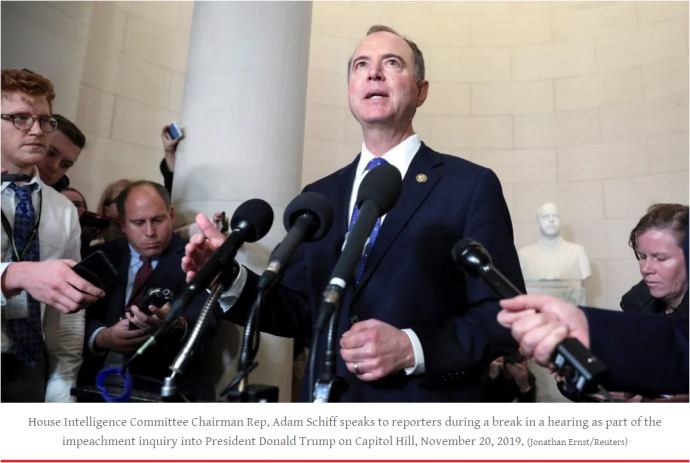By Victor Davis Hanson:
Knowledge can be found at all ages, and in all places. And ethics has nothing to do with degrees or pedigrees.
The Washington Post recently published a surprising indictment of MSNBC host, Stanford graduate, and Rhodes scholar Rachel Maddow.
Post media critic Erik Wemple wrote that Maddow deliberately misled her audience by claiming the now-discredited Steele dossier was largely verifiable — even at a time when there was plenty of evidence that it was mostly bogus.
At the very time Maddow was reassuring viewers that Christopher Steele was believable, populist talk radio and the much-criticized Fox News Channel were insisting that most of Steele’s allegations simply could not be true. Maddow was wrong. Her less-degreed critics proved to be right.
In 2018, the chairman of the House Intelligence Committee, Rep. Devin Nunes (R., Calif.), and the committee’s then-ranking minority member, Adam Schiff (D., Calif.), each issued contrasting reports of the committee’s investigation into allegations of collusion between Russia and Donald Trump’s campaign team and the misbehavior of federal agencies.
Schiff’s memo was widely praised by the media. Nunes’s report was condemned as rank and partisan.
Many in the media went further. They contrasted Harvard Law graduate Schiff with rural central Californian Nunes to help explain why the clever Schiff got to the bottom of collusion and the “former dairy farmer” Nunes was “way over his head” and had “no idea what’s going on.”
Recently, the nonpartisan inspector general of the Department of Justice, Michael Horowitz, found widespread wrongdoing at the DOJ and FBI. He confirmed the key findings in the Nunes memo about the Steele dossier and its pernicious role in the FISA application seeking a warrant against former Trump-campaign adviser Carter Page.
Read more: National Review
Image credit: www.nationalreview.com.

